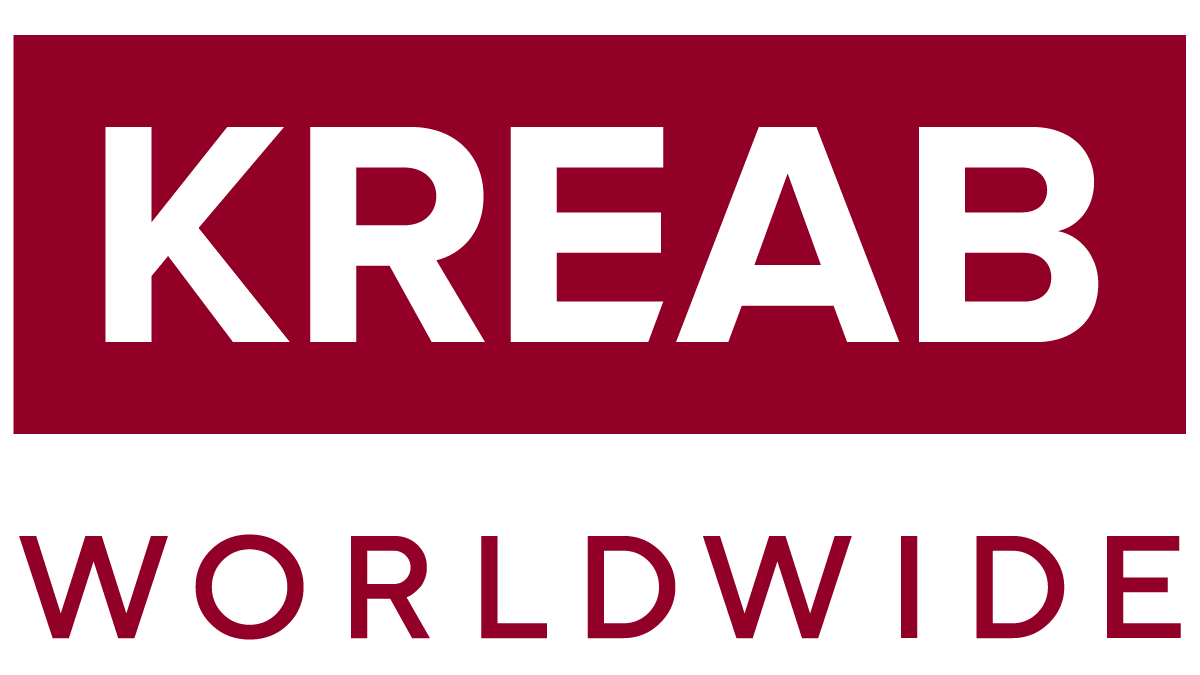
27/06/2025
Weekly China Insight – 27 June 2025
China reportedly resumed rare earth exports to EU
On 26 June, the Chinese Commerce Ministry (MofCom) confirmed it had approved a number of rare earth export applications to EU firms, amid ongoing European and American scrutiny over Beijing’s export controls. Speaking to the South China Morning Post, EU sources didn’t confirm whether there is a formal “green channel” to grant export applications to EU firms as pledged by Beijing (see 13 June Weekly China Insight), but stressed the need for a more structural resolution. The Chinese rare earth export restrictions, introduced in April in response to US tariff hikes, had prompted strong lobbying from European governments and companies, which feared they would become collateral damage in the US-China trade war. EU officials, including trade envoy Eva Valle Lagares, warned that the episode reinforces the case for de-risking from Chinese dependencies and will likely be a major topic at the upcoming EU-China summit in July. Meanwhile, MofCom maintains the rare earth export controls are lawful, necessary, and emphasizes its openness to continued dialogue.
The approval of export licenses to EU firms signals a tactical easing rather than strategic reconciliation on Beijing’s part. The EU’s push for a permanent solution reflects growing resolve in European capitals to restructure supply chains away from China amid broader geo-economic tensions.
China slams EU procurement ban on medical devices, vowing countermeasures
On 24 June, the Chinese commerce ministry (MofCom) issued a strong rebuke to the EU’s decision to bar Chinese medical device firms from public tenders over EUR 5 million under the International Procurement Instrument, calling the move “unilateral” and “a new protectionist barrier” (see 6 June Weekly China Insight). MofCom noted that a January 2025 Chinese investigation had already identified persistent EU barriers against Chinese firms in procurement and investment. It criticized the EU for ignoring China’s repeated diplomatic overtures and vowed to “take measures” to safeguard Chinese companies’ legitimate rights and interests. While urging a return to dialogue in light of the 50th anniversary of establishing China-EU diplomatic relations, MofCom emphasized the importance of restoring trust and maintaining stable expectations in bilateral commercial ties.
Beijing’s firm stance on the issue signals its intent to potentially leverage its own procurement market as a bargaining chip, to make the EU change course. Any retaliatory moves by Beijing will escalate EU-China trade frictions at a time of deepening mutual distrust and rising decoupling pressures.
Chinese premier pledges transformation into a consumption-driven economy at Summer Davos
On 25 June, Chinese Premier Li Qiang delivered the keynote address at the World Economic Forum’s Annual Meeting of the New Champions (known as “Summer Davos”) in Tianjin, highlighting China’s role as a consumption engine and innovation hub amid rising global trade tensions. Li reaffirmed China’s commitment to high-quality growth, predicting that domestic demand and consumption will become core economic drivers, unlocking “vast new market opportunities” for global firms. He warned against protectionism and zero-sum mentalities, urging attending foreign businesses to uphold open markets, oppose economic fragmentation, and reinforce the resilience of global supply chains. Noting China’s 5.4% GDP growth in Q1 and the massive trade-in program to boost consumer spending, Li pledged stronger government support for the private sector. In his speech, Li also expressed China’s willingness to share its tech innovations under an “open-source” philosophy.
Li’s speech reinforces China’s strategic pivot to domestic consumption and global tech collaboration as Beijing seeks to counter external pressures while positioning China as a stabilizing force in an increasingly fragmented global economy.
Starbucks China explores sale amid fierce market competition
On 23 June, Starbucks China held a roadshow to pitch a potential business sale to over 10 private equity firms, including Hillhouse Capital and FountainVest, signaling a shift from seeking strategic partnerships to a possible full or partial divestiture. Despite Starbucks’ official denial of plans to completely exit China, insiders note the sale’s likelihood is increasing. Starbucks China’s estimated valuation, based on its 9% contribution to global revenue and the parent company’s USD 105.8 billion market cap, could reach USD 9 billion. Intensifying price wars in China’s beverage market, especially from fast-expanding local brands such as Luckin Coffee (now possessing 11% market share), have severely eroded Starbucks’ dominance in the Chinese market. Starbucks’ market share in China dropped from 5.6% in 2022 to 4.2% in 2024. Starbucks China has since responded with promotions via JD.com, product price cuts, and more localized marketing under a new leadership.
While Starbucks remains committed to China in rhetoric, the pivot from a potential partnership toward a sale reflects strategic recalibration under competitive pressure. That means any future deals by Starbucks may prioritize capital recovery over long-term market dominance.
